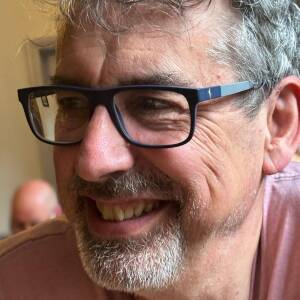Auschwitz
The journey in a minibus took over an hour and the Polish countryside was appropriately sombre; there was a mist on the Vistula as we left Krakow and a video was playing. A fairly jolly group of English speaking tourists was silenced as we spent forty five minutes revisiting the horror story that is Auschwitz through the eyes of a young Soviet cameraman who had been there when the camp was liberated. No one spoke when it finished and the remainder of the journey was conducted in silence.
Auschwitz symbolises the extreme wickedness that mankind is capable of. When you walk around you are struck by evil on an industrial scale. The gas canisters that were thrown in to the chambers through holes in the roof are piled high, tops ripped off. The hair of murdered women fills a showcase in a very long room. Suitcases of victims are piled high in the worlds most gruesome lost property office. Perhaps the most obscene image of all was of smiling, happy children painted on the washroom wall of a barracks that slept three to a bunk and where people starved on as little as 250 calories a day.
This is a portable gallows that the SS used to hang people with. They had a lot of different ways of killing people, and most of them were being continuously "improved" during the first half of the nineteen forties. And a lot of them were not at all quick.
Afterwards we went to the Schindler factory in Krakow and saw an incredibly moving exhibition of how a whole city was dehumanised, de-cultured, degraded and whole sectors of it's population largely disposed of through the same acts of hatred.
Don't think it couldn't happen again. We live in dangerous times. There is no fundamental difference in attitude between what happened in the concentration camps and what religious extremists, governments and intolerant majorities are currently doing all over the world.
And I must say that men hold the key. Ninety per cent of the world's aggression, whether it is a simple act of domestic violence or an act of war, is the responsibility of men. I make no apology for the generalisation. If we could educate and raise men to be less egotistical and more compassionate and caring the world would be a far far better place.
Auschwitz tells many many stories. Like Yad Vashem in Jerusalem it is primarily a history of the holocaust. But its meaning is far greater, far scarier and far more important: It could happen again. And we must all work together, every day, in the way we live our lives and challenge evil, to make sure it doesn't.

Comments
Sign in or get an account to comment.


